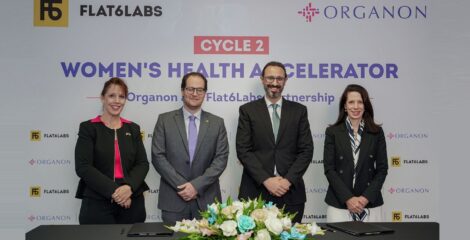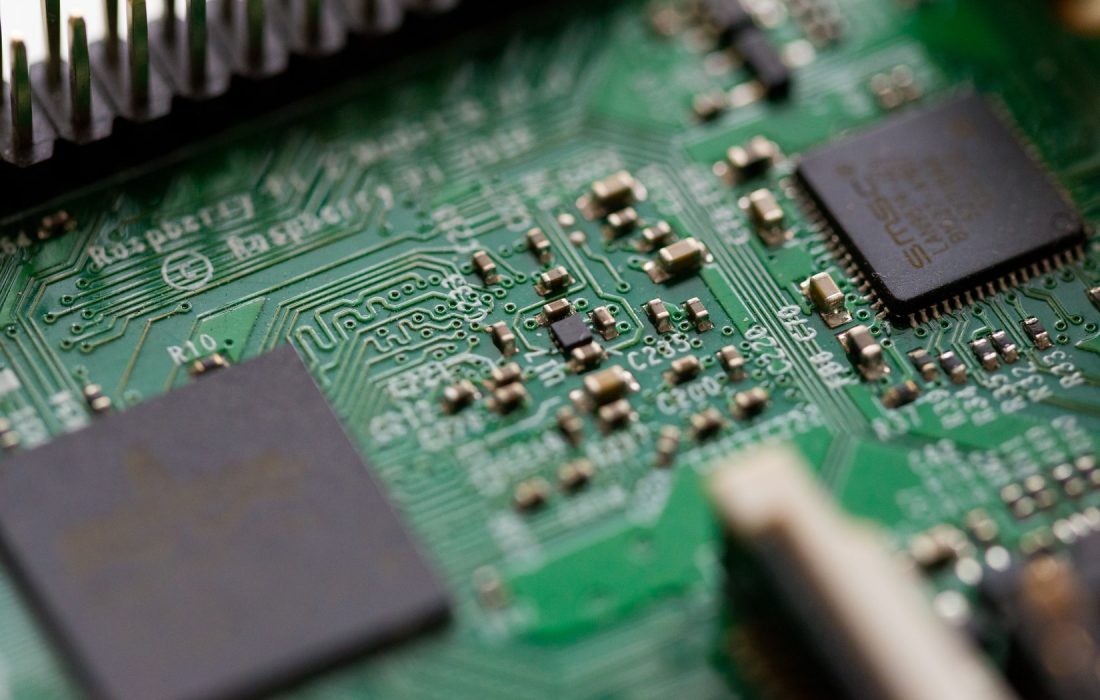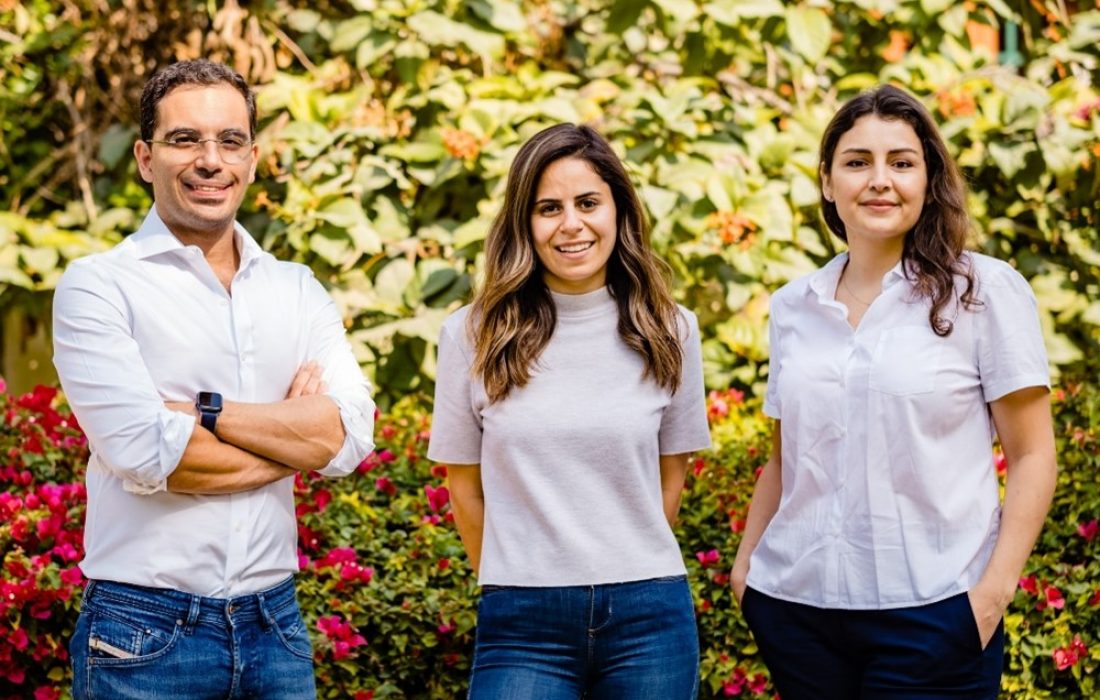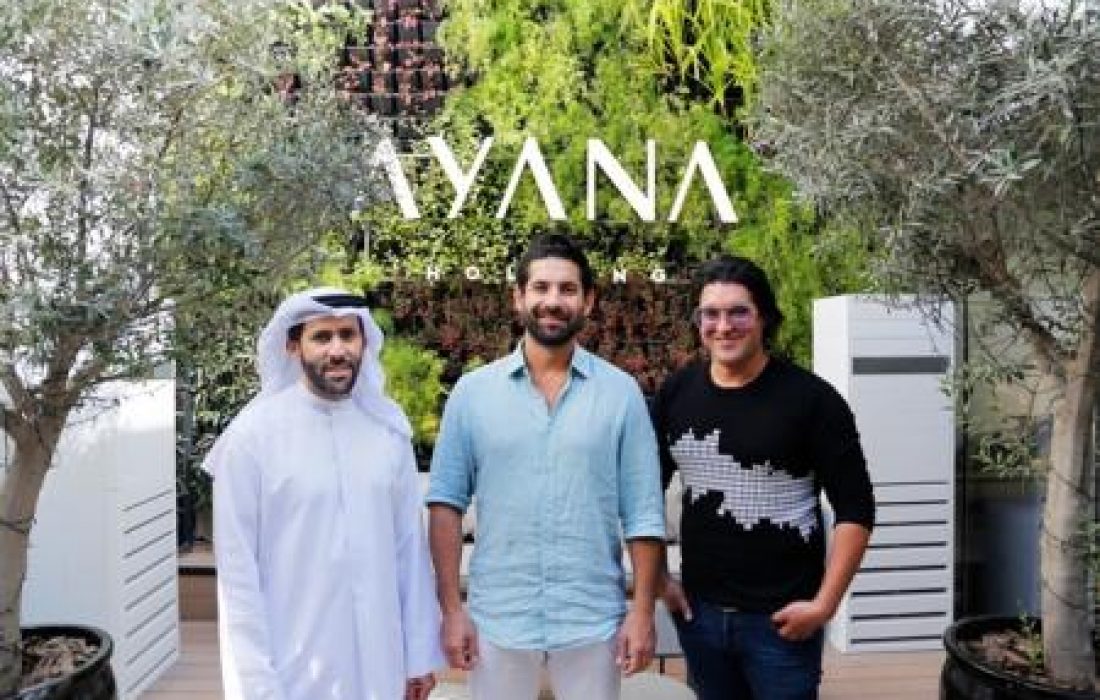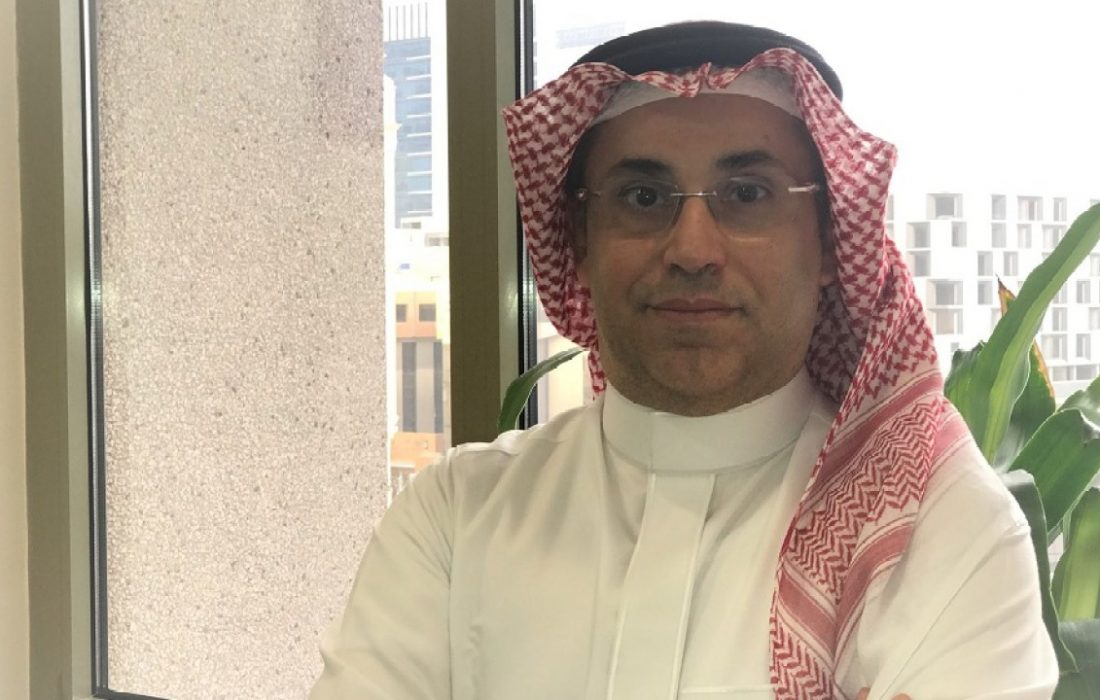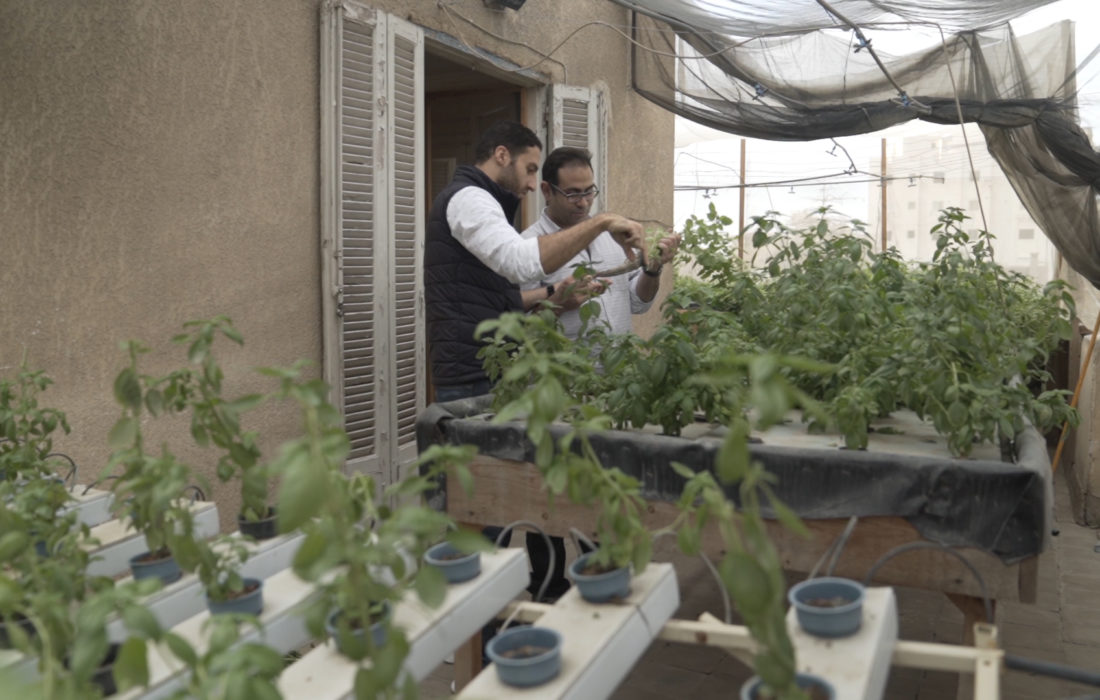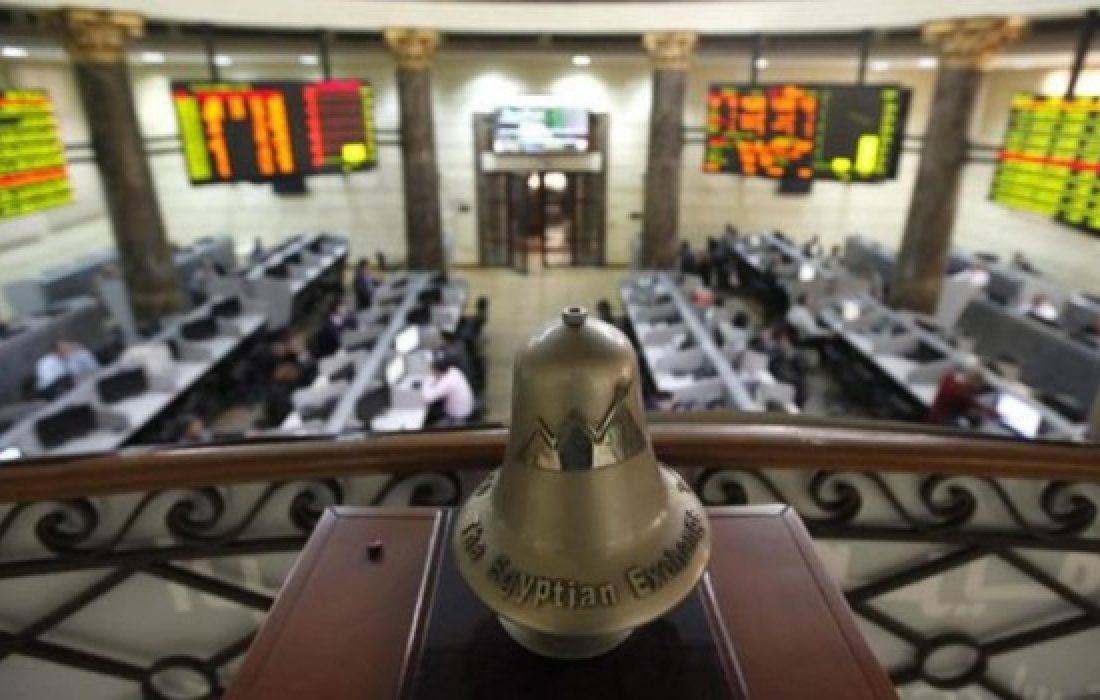Bekia is the second startup featured on The Greener Path, a WAYA original series sponsored by Royal Herbs highlighting eco-friendly startups in Egypt.
Bekia is tackling the waste problem in Egypt, a country where 44.8 percent of the households dispose of their waste by dumping it onto the street. The startup operates locally and encourages people to take part in the recycling cycle by allowing its users to swap their sorted trash for goods and services.
Bekia was co-founded by Alaa Afifi and Mohamed Zohdy in 2017, who wanted to help Cairo’s residents monetize their trash. The website encourages Egyptians to recycle inorganic waste such as paper, cans, plastics, metals, used vegetable oil, and more in exchange for goods and services like groceries or metro tickets. Through the website, users are able to declare the waste they want to dispose of, and exchange it for a range of products.
The Bekia team discovered early on that users, particularly from lower income areas, found the service beneficial for reducing costs for grocery shopping and eliminating tons of waste. Through word of mouth between people in similar situations, the startup became increasingly more popular. Bekia even has an option where users can donate their waste so that the points given can help a family or someone in need. Bekia’s services not only cater to those in need, but also to those who generally follow an environmentally conscious lifestyle.
In 2020, the company launched its grocery delivery service to support its customers during the lockdown. This service gives customers access to more goods and allows them to pay for them with cash upon delivery. “The customer does not need to leave their home since the service is on the same trip and at the same cost,” said Ala’a Afifi, CEO of the company.
Bekia operates in 22 regions in Cairo and Giza and plans on expanding its reach further in these two governorates. Its profits come from selling separated waste to factories and companies. It collects trash from individuals and then sells it as separated waste, as well as selling electronics after collection and repair.
Egypt produces 100 million tons of waste annually, over 22 billion tons of which has no recycling solutions.
If you see something out of place or would like to contribute to this story, check out our Ethics and Policy section.

